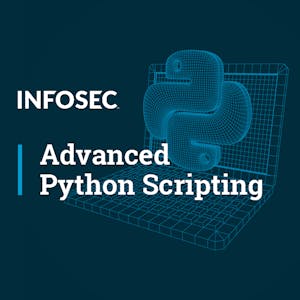Optimizing Performance of LookML Queries
About this Course
This is a Google Cloud Self-Paced Lab. In this lab, you\'ll learn the best methods to optimize query performance in Looker. Looker is a modern data platform in Google Cloud that you can use to analyze and visualize your data interactively. You can use Looker to do in-depth data analysis, integrate insights across different data sources, build actionable data-driven workflows, and create custom data applications. Big, complex queries can be costly, and running them repeatedly strains your database, thereby reducing performance. Ideally, you want to avoid re-running massive queries if nothing has changed, and instead, append new data to existing results to reduce repetitive requests. Although there are many ways to optimize performance of LookML queries, this lab focuses on the most commonly used methods to optimize query performance in Looker: persistent derived tables, aggregate awareness, and performantly joining views.Created by: Google Cloud

Related Online Courses
This course offers a comprehensive journey through the world of databases and their management on the AWS cloud platform. From understanding the core concepts of databases to mastering advanced... more
This course is for everyone. In the new world we live in, coding is a universally valuable skill, whether you\'re a scientist, artist, or a humanist. Algorithms are everywhere, and we all have to... more
Python is one of the most popular and widely-used programming languages in the world, due to its high usability and large collection of libraries. This learning path provides an application-driven... more
Health systems worldwide seek to prevent and treat disease and illness and improve well-being and quality of life. This specialisation focuses on improving the quality of the services provided by... more
Code and run your first Java program in minutes without installing anything! This course is designed for learners with limited coding experience, providing a solid foundation of not just Java, but... more








